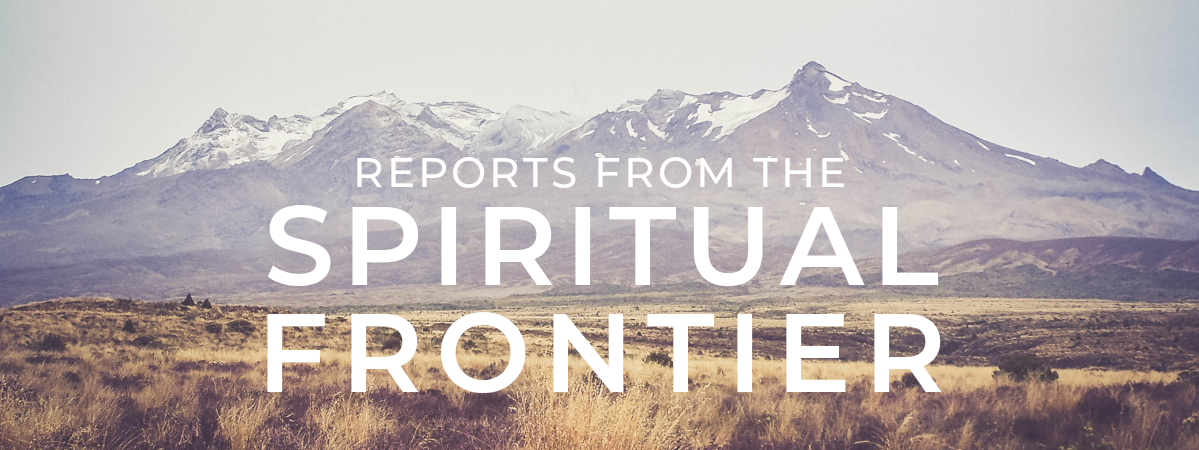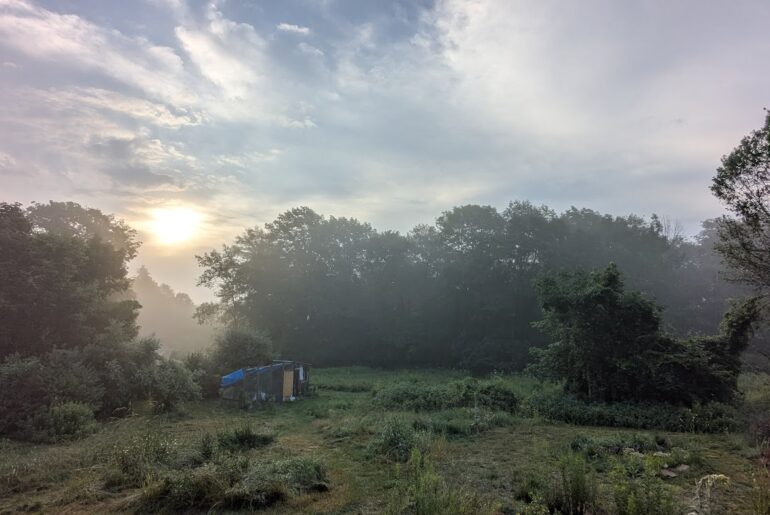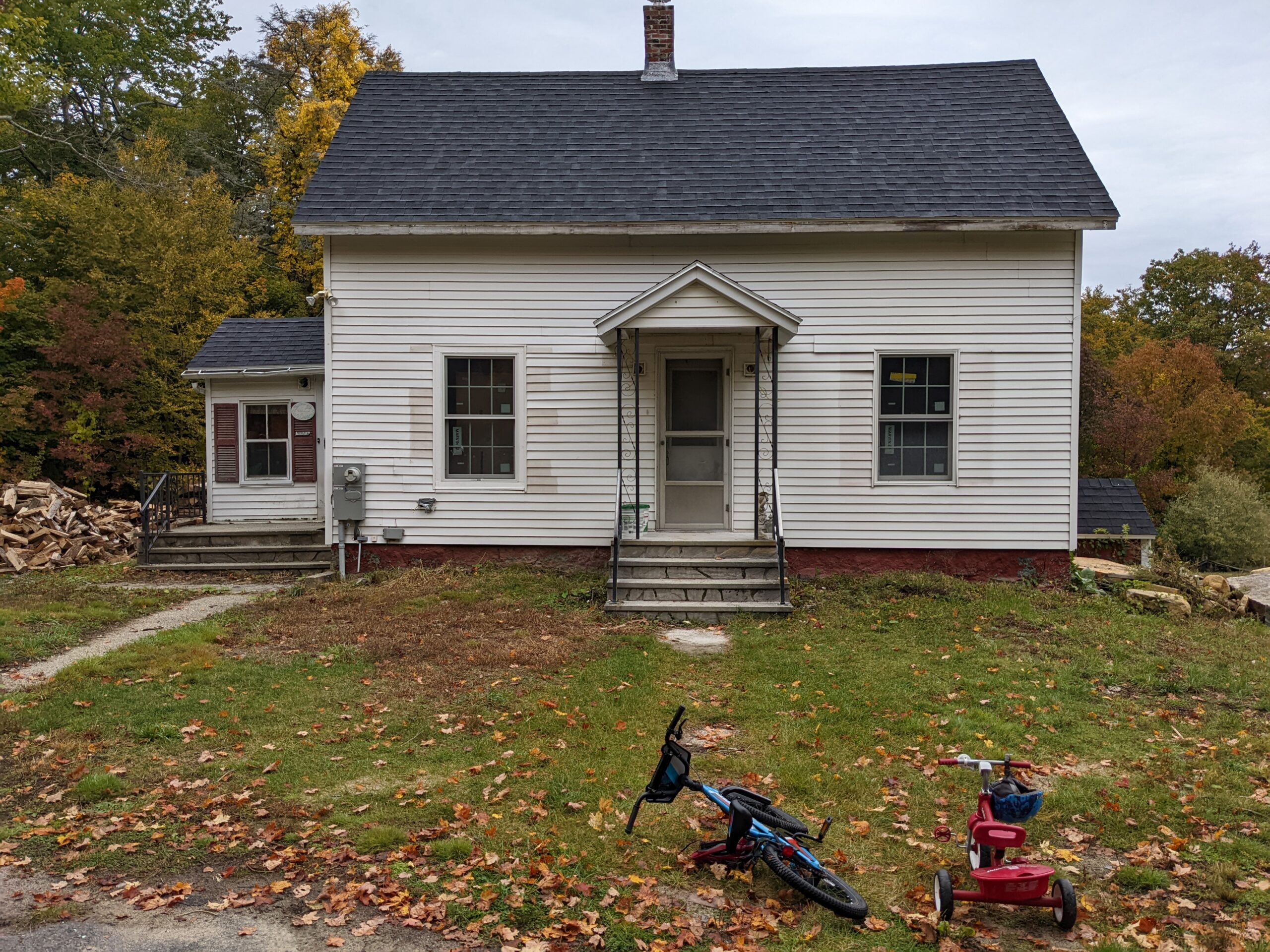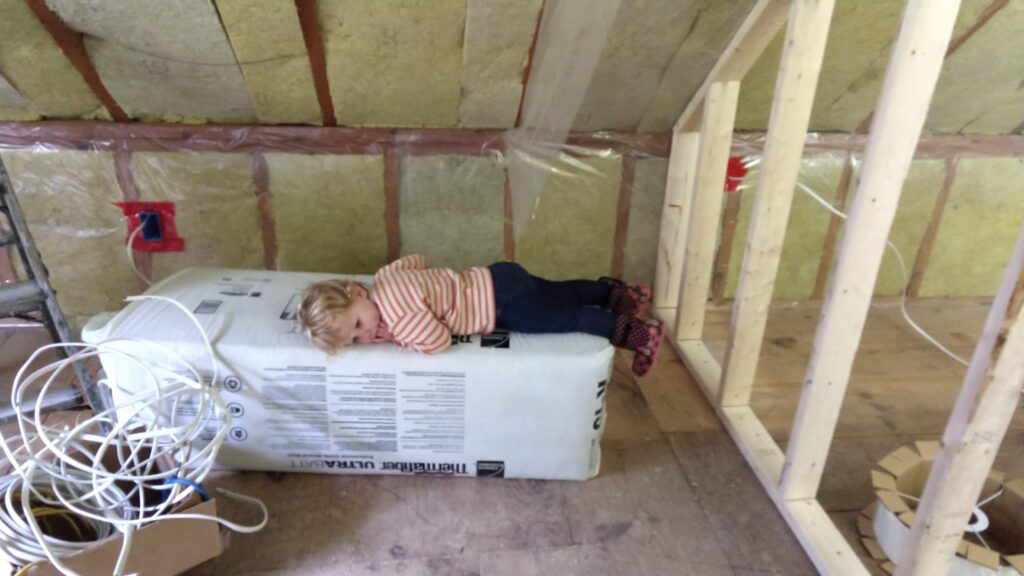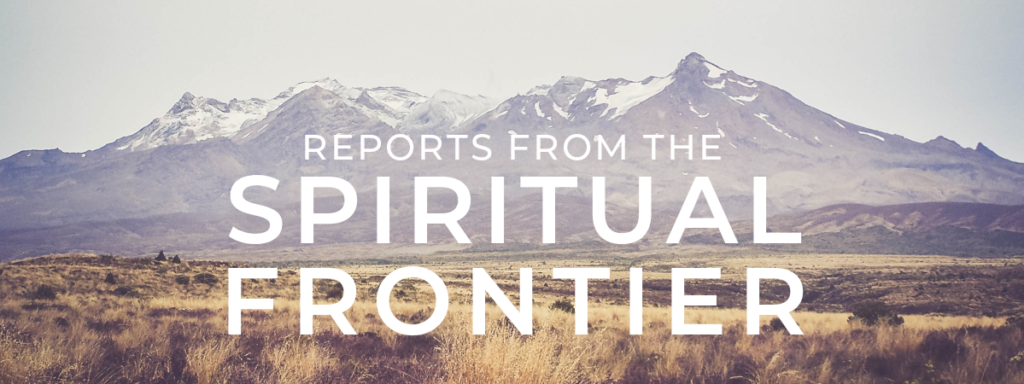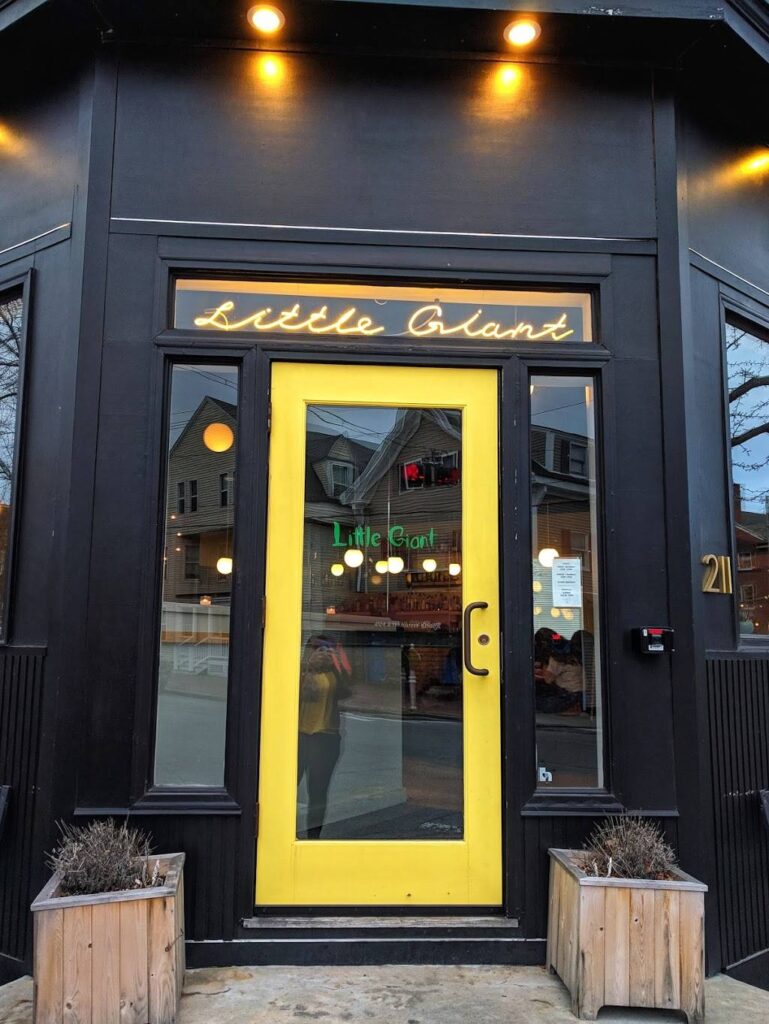This last Thursday, I went on medical leave. My condition, according to most of the disability/severity ratings, is now in the “moderate to severe” – which means I haven’t been this sick in a very long time. Here are a few observations from these last few months; which I share not so as to gain your sympathy (please, no “hug” emojis needed), so much as to give you a window into my experience.
- About three years ago, I was working 80 hours a week renovating a house. Three months ago, I was going on hikes and planting okra with my daughter. Today, I’m on medical leave and walking with a cane. Life comes at you fast.
- Time spent with friends is all the more precious, because it never happens often or for very long. A friend visited me last week for 30 minutes and it just about made my day.
- Any time spent outside (unless the ragweed is out) makes me instantly feel better. Or at least feel better about feeling bad.
- People are more likely to ask my wife how I’m doing than ask me how I’m doing.
- Ableism is real. Much of it is not malicious. It is structural and cultural. It is also internalized (especially by those who are disabled.)
- I can track how well I’m doing on any given day based on how long I can walk. At the beginning of May, on a typical day it was about 50/50 whether I could walk for longer than ten minutes without issues. (Or, more pertinently, run a two hour choral rehearsal.) At the beginning of August, it’s 50/50 whether I can make it to the mailbox and back without issues.
- Likewise with cognition. As the day progresses, we get into “How long will it take to edit this email so it doesn’t have typos?” and “Can I still read this?” When reading a novel takes as much effort as reading an academic article, I know it’s time to run for the hills. (By which, of course, I don’t mean run. I mean stagger to my bedroom and lie down.) (Or if your job is premised entirely on writing reports and reading data, then it means that it’s time for medical leave.)
- A good mattress makes a world of difference.
- Community also makes a world of difference. I’m grateful for my church, who, more than any other group, has lifted me in prayer, proactively reached out to see how I’m doing; and offered our family substantial support (all from 1000 miles away.)
- The idea of the independent nuclear family “making it on their own” is a particularly pernicious piece of modern bullshit. We all need a village to make life work, especially when life gets hard. (If you think my wife looks tired, you’re right. Imagine what it looks like to maintain a household and care for three kids on your own for the summer.) Every bit of help makes a big difference (with big thanks to my in-laws, who have been coming out once a week this summer to pitch in.)
- I’ve been “passing” as able-bodied for most of the last thirty years and I’m very, very good at it. It has been both disheartening and oddly liberating to no longer have this as an option.
- During a meeting or conversation, I will start slurring my speech or stuttering around the 40-minute mark. While this is quite unpleasant for me, it has the unexpected benefit of giving others a concrete cue that it’s time to wrap up. It has also more or less ended all the well-intentioned, but obnoxious expressions like “well, you LOOK fine” or “well, you SOUND fine” that every person with an invisible chronic illness has to deal with.
- In-person visits (see above) are amazing, but can’t last long. Zoom is less amazing and can last about the same amount of time. I don’t pick up the phone unless it’s a doctor calling. Texts are great – because I can choose when to respond to them.
- My kids and joyful and compassionate. They know I can’t always get out of bed, so frequently they’ll just climb in with me so they can tell me about their day or to read a book next to me. They also can be hellaciously noisy, which is not as fun when dad is trying to sleep and the door bangs shut, shaking my room for the fiftieth time.
- Life goes on, even when it sucks. I actually feel less anxious than many of the people around me do about my current situation. I certainly have my moments of fatalistic rumination; but after trying to desperately to try to keep it together; there’s a relief in having no choice but to let it fall apart. I’m finding my integrity in my daily spiritual practice and, at least for a little while, trying to hold off on long-term prognostications.
